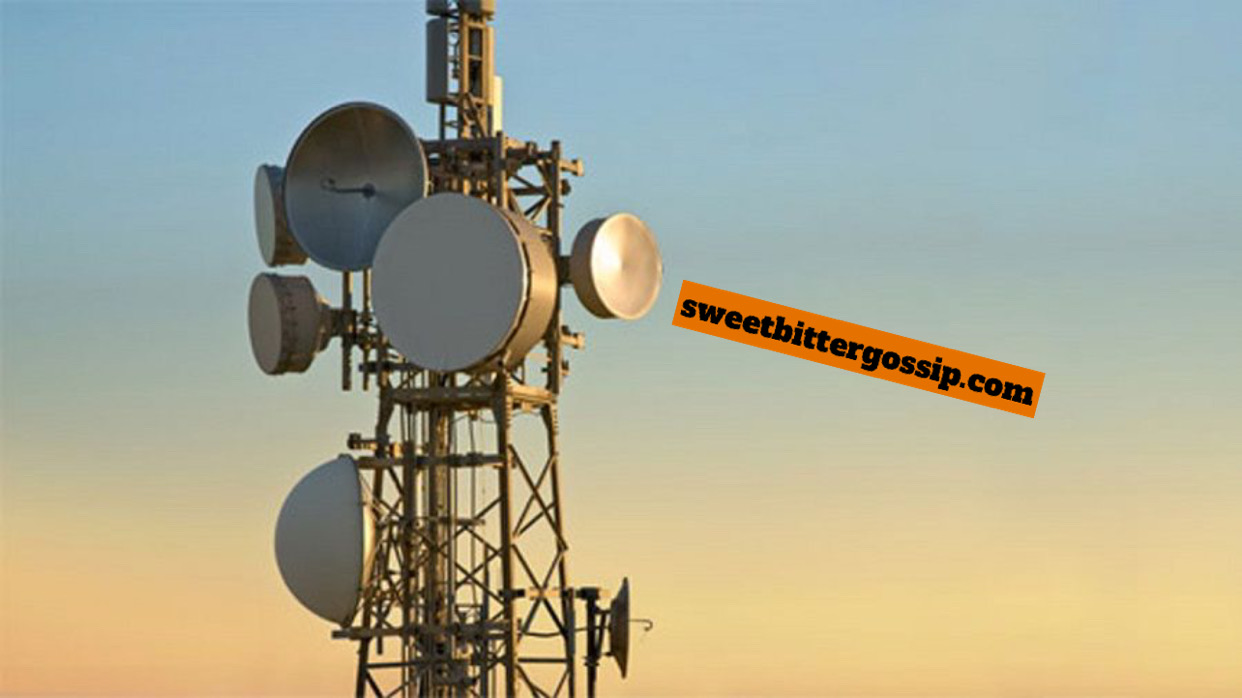The Association of Telecommunications Companies of Nigeria (ATCON) has highlighted the need for a tariff adjustment in the telecom industry to improve the quality of voice and internet services. Speaking to the News Agency of Nigeria (NAN), ATCON President Tony Emoekpere emphasized that rising operational and capital costs have made tariff increases necessary.
Emoekpere noted that while a tariff adjustment is crucial, operators also require economic incentives to counter these escalating costs. He proposed that Mobile Network Operators (MNOs) should be allowed to implement controlled tariff increases. Additionally, the government could introduce tax breaks or subsidies to reduce the financial burden on consumers while ensuring operators can sustain infrastructure investments.
Addressing Infrastructure Deficit
The ATCON president called on the Federal Government to address systemic challenges, infrastructure deficits, and economic constraints affecting broadband expansion in Nigeria. As part of the National Broadband Plan (2020-2025), the country aims to achieve 70% broadband penetration by 2025. However, as of October 2024, broadband penetration stood at 42.24%, according to the Nigerian Communications Commission (NCC).
Despite the approaching deadline, poor internet quality and weak connectivity remain prevalent. Emoekpere identified gaps in broadband infrastructure as a significant barrier, particularly in underserved rural areas compared to urban centers like Lagos, which enjoy better connectivity.
“The barriers to broadband expansion in Nigeria are a mix of infrastructure deficits, economic challenges, and systemic issues,” Emoekpere said. “Addressing these challenges is crucial for achieving equitable digital inclusion and fostering economic growth.”
Broadband Infrastructure Gaps
Emoekpere highlighted the limited penetration of fibre-optic networks and inadequate last-mile connections as key issues hindering equitable access to high-speed internet. These gaps, he said, deepen the digital divide, leaving millions of Nigerians without reliable connectivity.
He also pointed out that affordability is a major concern, with broadband services and devices remaining too expensive for many Nigerians, especially those in lower-income groups.
Service Disruptions
On the frequent disruptions to internet services, Emoekpere blamed vandalism, fibre cuts during construction, and Nigeria’s inconsistent power supply. These issues not only compromise service reliability but also increase operational costs for telecom providers.
Industry’s Call for Tariff Review
For over a year, telecom operators in Nigeria have been advocating for a tariff increase to reflect the rising costs of operations. In a joint statement by the Association of Licensed Telecom Operators of Nigeria (ALTON) and ATCON, operators lamented that the telecom industry has yet to adjust its prices, despite inflation and other economic challenges.
They attributed this delay to regulatory constraints, as the Nigerian Communications Commission (NCC) controls pricing in the telecom sector. Any price change requires the regulator’s approval.
The NCC has assured stakeholders that it is conducting a cost-based study to determine whether to approve tariff increments.
Conclusion
The telecom industry in Nigeria faces mounting challenges from rising operational costs, inadequate infrastructure, and systemic inefficiencies. A controlled tariff increase, coupled with government interventions like tax incentives, could help operators sustain investments and improve service delivery. Addressing these issues is critical to bridging the digital divide and achieving Nigeria’s broadband penetration goals.

